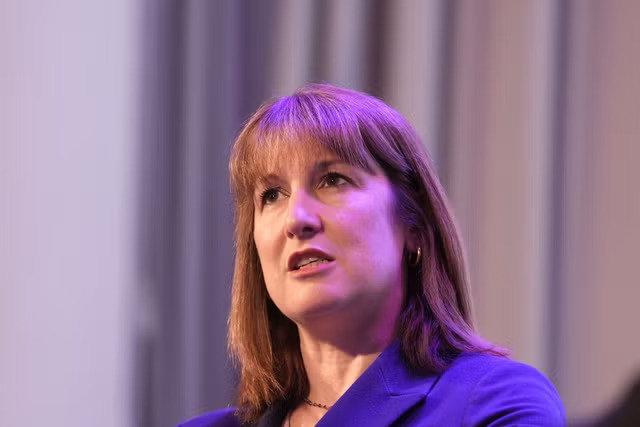The International Monetary Fund (IMF) has called on Chancellor Rachel Reeves to consider scrapping the pensions triple lock and introducing NHS charges for higher earners, warning that the UK government faces growing risks of missing its fiscal repair goals. The recommendation comes as Britain struggles with budget pressures caused by an ageing population and an increasingly volatile global economic landscape.
The IMF issued the advice in its final annual assessment of the UK economy, noting that while the fiscal framework introduced by Reeves in October 2024 has “enhanced the credibility and effectiveness of fiscal policy,” challenges to staying on track remain substantial. It emphasized that “risks to this strategy must be carefully managed,” particularly in an environment where growth may falter or interest rate shocks emerge.
To reduce the risk of breaching budget rules, the Washington-based fund urged Reeves to carve out more “fiscal room for manoeuvre” before committing to any fresh tax or spending policies. The IMF’s preferred strategy, it said, would be “to maintain more headroom under the rules, so that small changes in the outlook do not compromise assessments of rule compliance.”
The fund acknowledged that delivering on Reeves’s growth agenda presents “significant challenges given limited fiscal space, the breadth of the reforms, and the volatile external environment,” citing ongoing uncertainty linked to U.S. President Donald Trump’s trade war and international economic headwinds.

IMF Recommends Means-Testing, NHS Charges
In its assessment, the IMF projected that under current UK policies, public spending will rise by roughly 8% of GDP by 2050—higher than the 5.5% average increase forecast for other advanced European economies. The primary cost drivers are health and pension commitments, which the IMF says need structural reform.
To ease fiscal pressure, the IMF floated several controversial options. It advised replacing the triple lock—a guarantee that pensions rise by the highest of inflation, average earnings, or 2.5%—with a more modest link to earnings or the cost of living.
Additionally, it recommended that “access to public services could also depend more on an individual’s capacity to pay, with charges levied on higher-income users, such as co-payments for health services, while shielding the vulnerable.”
The report suggested expanding means testing of benefits and narrowing eligibility as potential methods to contain rising welfare and healthcare costs.
While politically sensitive, these measures aim to offset the long-term burden of Britain’s ageing population, which is expected to significantly drive up public expenditure in the coming decades.
Tough Decisions Ahead For Reeves
Rachel Reeves, who is preparing her next budget under growing fiscal pressure, responded to the IMF report by asserting that the Fund’s analysis validates her economic direction. She maintained that her strategy is designed to “tackle the deep-rooted economic challenges that we inherited in the face of global headwinds.”
However, she remains under mounting pressure to identify new sources of revenue ahead of her autumn budget. Reeves has already moved to increase employer-paid national insurance contributions and adopted additional revenue-raising measures at the end of 2024. Despite those actions, speculation is rife that further tax hikes may be necessary to keep her fiscal targets intact.
The IMF has previously cautioned the UK against emergency cuts to public services and urged policymakers to think long-term. In its earlier report from May, it recommended that the government fine-tune its fiscal rules to reduce the likelihood of reactive policy shifts, a warning underscored by the government’s recent U-turn on welfare policy.
While Reeves has sought to project fiscal responsibility, the IMF’s latest intervention underscores the difficult balancing act she faces: maintaining economic credibility while managing political backlash over potentially unpopular reforms such as scaling back pension guarantees or introducing charges for NHS care.
READ ALSO: Ato Forson Bans Dollar-Denominated Contracts



















